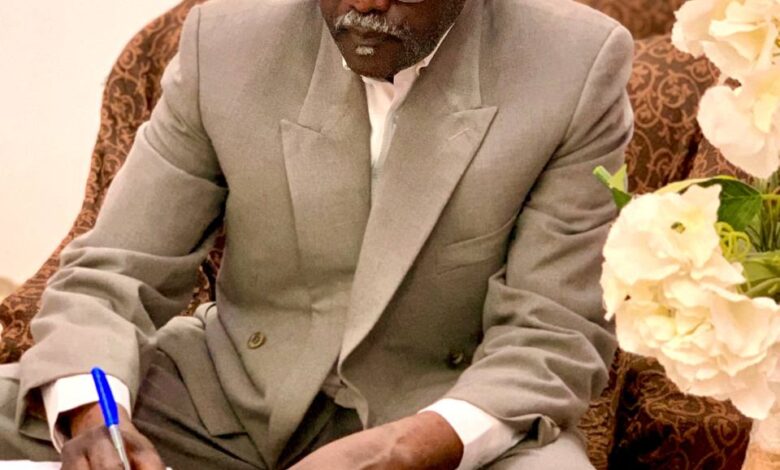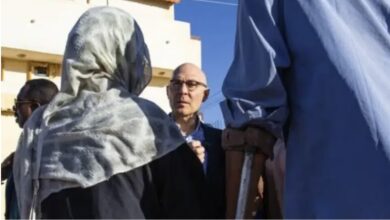Dr. Hussein Yacoub writes: American sanctions on Sudan: Where is the flaw?

Dr. Hussein Yacoub writes:
American sanctions on Sudan: Where is the flaw?
The history of American sanctions on Sudan constitutes a complex series of measures varying in severity and nature, coinciding with fluctuations in bilateral relations and internal conditions in Sudan. The sanctions began in the 1980s and 1990s, based on accusations of human rights violations, support for terrorism, and political unrest. At that time, these sanctions were limited, focusing on trade and aid restrictions, which had a minimal impact on the Sudanese economy, which then relied on other countries.
The 1996 Arms Export Control Act escalated the sanctions by imposing a comprehensive ban on arms supplies. This prompted the Sudanese regime to seek new trade partners in the East, particularly China, which helped it develop its military capabilities domestically.
At the beginning of the new millennium, sanctions escalated significantly due to accusations of supporting terrorism by Omar al-Bashir’s government and the conflict in Darfur. These sanctions included a wide-ranging ban on investment, loans, and trade, leading to a sharp deterioration in the economic situation.
The period between 2017 and 2018 witnessed a partial shift in U.S. policy, with the lifting of some sanctions in response to reform movements in Sudan. However, some sanctions remained in place.
After 2019, following the rapid political changes in Sudan, including the ousting of Omar al-Bashir and the December Revolution, and the continued instability, sanctions remained a topic of discussion. Prime Minister Abdullah Hamdok paid $335 million in compensation to the victims of Al-Qaeda, which led to Sudan being removed from the list of state sponsors of terrorism.
The American sanctions have negatively impacted the Sudanese economy, causing inflation, shortages of basic goods, a decline in the standard of living, and a reduction in foreign investment. The United States always justifies these sanctions by citing human rights and counter-terrorism issues, but the result has been the suffering of the Sudanese citizen. It is noted that successive American governments imposed sanctions, considering Sudan’s record in these areas unsatisfactory, but their foreign policy seems contradictory to their declared values, as evidenced by their experiences in Iraq and Afghanistan, and their stance on the Palestinian conflict.
This article calls on the American people to review their foreign policy towards Sudan and oppressed countries, which contradicts their stated values. It also suggests the following for the Sudanese government to deal with the sanctions:
1. Diversifying trade partners: Expanding economic relations with other countries in Africa, Asia, and Latin America.
2. Strengthening the national economy: focusing on local sectors, such as agriculture, industry, and mining.
3. African economic cooperation: regional economic integration, and facilitating trade and investment.
4. Investment in infrastructure: to enhance investment attractiveness.
5. Implementing political and economic reforms: to improve Sudan’s global image.
6. Opening a dialogue with the United States: to discuss lifting sanctions.
7. International cooperation in combating terrorism: Demonstrating commitment to fighting terrorism.
8. Resolving internal conflicts: To attract foreign investments.
9. A balanced foreign policy: to achieve balance in international relations.













